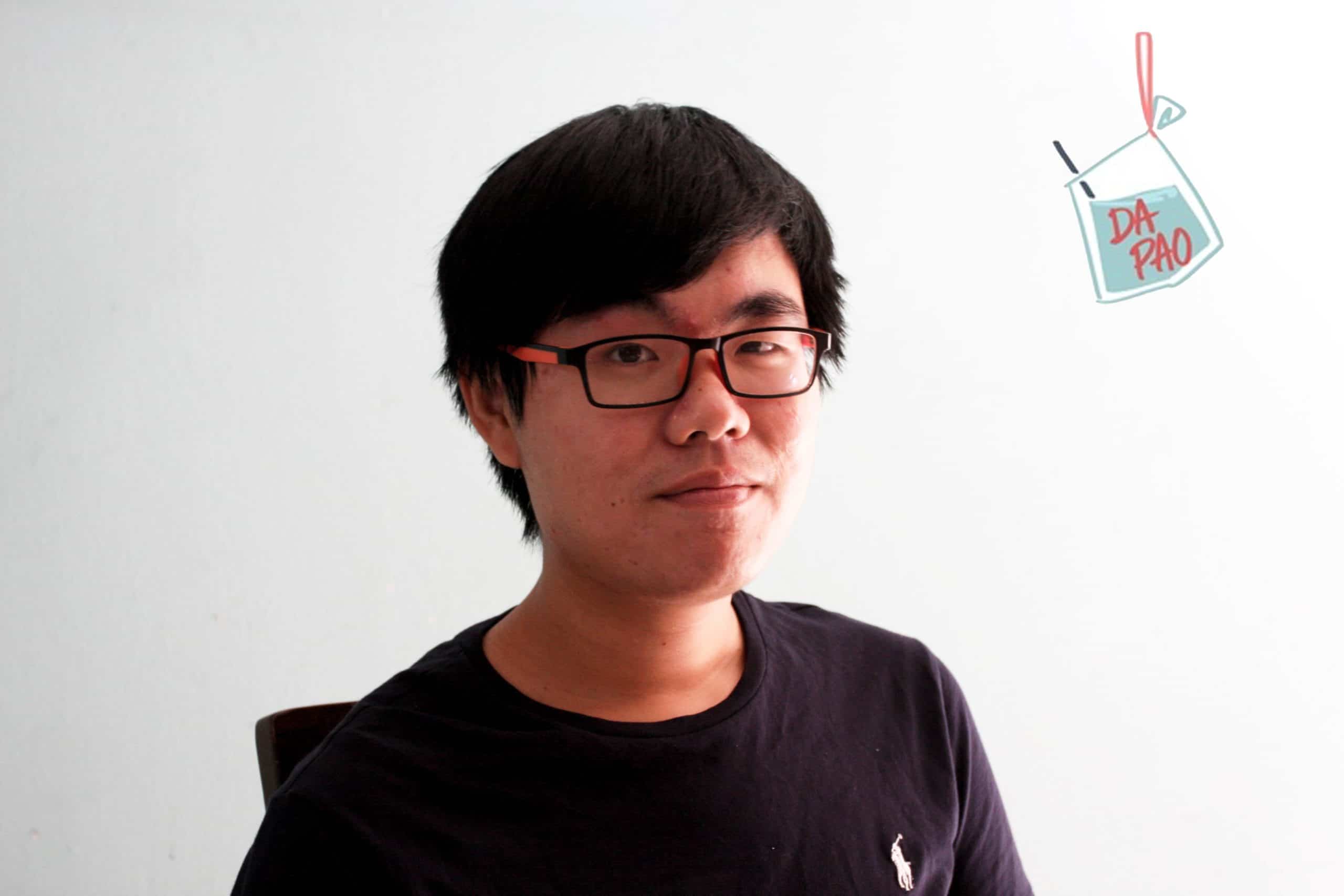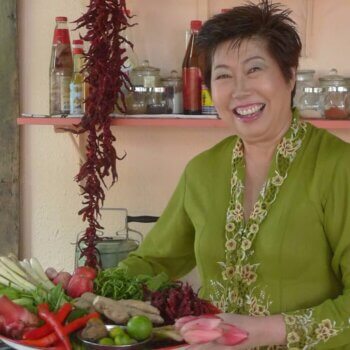Daniel Lui is known by many as a lawyer but some would argue that he puts himself out more as a business person. Most people would agree, that Daniel just loves to do a lot of things and is a person of great curiosity. Daniel’s academic history is a routine one for many Malaysians, a foundation program, a degree and then a professional paper in the Law in the U.K. Despite a routine beginning, Daniel would find himself to be great disbelief later on as he did not know that he’d be running his own business by the age of 25. Daniel co-founded WeDaPao, a food delivery startup that delivers famous food to Malaysians, similar to what Deliveroo has been doing in the U.K. where he studied.
Back then, the idea of an entrepreneur was foreign to Daniel before WeDaPao; nevertheless, Daniel has seen great reception and gained deep insights into being an entrepreneur in Malaysia. Today, Daniel shares with The Asian Entrepreneur his startup story.
In your own words what is WeDaPao?
We – Dapao is actually derived from two separate words. The word “We” was inserted to give the name a more personal touch. Likewise, the word “Dapao” basically means takeaway in the local cantonese dialect. Despite it being a word used in a Cantonese dialect, the meaning is widely used and understood by the locals despite their races.
The name was chosen to present our startup as a local for local kind of entity. Malaysians are generally foodies and we take our foods seriously. Our hawkers are the place to be for the best foods in town, and that’s what we mean when you eat local. By walking into any local hawkers or shops, your takeaway word will be “Dapao”.
How did you come up with the idea of WeDaPao?
The idea of WeDapao was conceived from the fact there is no better food deliveries for great food. We had the a-typical health food deliveries and the mall food deliveries but nothing that truly represents what Malaysians would actually crave for in terms of foods.
Always settling for lunch at a local food parlour instead of using the deliveries due to prices and variety offered, I decided to do something about it. Thus WeDapao was born from the lack of representation of good local food!
Could you walk us through the process of starting up WeDaPao?
Hiring a delivery guy was the first step, picking the restaurant was the second. I started it off at the location near my former office at the heart of Kuala Lumpur Malaysia. To get the first few customers, I had to ask some of my former colleagues to try it out and took pointers for every new hiccup for this simple start.
After a couple of months, we eager to try the model we have developed with the great food we’re aiming to deliver from out of town. So we spoke to the selected vendors and we started delivering it! The reception at the beginning was generally astonishment, but slowly our customer base grew with corporate orders taking the lead.
We were impressed with the reception of our startup, and decided to pursue this further by setting up our own website and increasing the selection of foods. For the past few months, we’ve been taking it slow to develop the infrastructure slow as we’re learning all of this on the go.
Did you encounter any particular difficulties during startup?
Everything from managing the riders, to facilitating the food was a difficulty for us at the beginning. However we saw most of our difficulties as an opportunity to grow and it was with that mindset that helped us overcome it.
How have you been developing WeDaPao since startup?
The developmental direction was to be like the major competitor out there, to deliver everything and anything. However upon further research on our competitors, we realise there is a gap in their choices of foods. The reality is, nobody is actually delivering the best authentic Malaysian choices out there.
Being a foodie myself, it was frustrating to realise that most of the foods which are available for delivery aren’t the ones I want. So now, we’re pretty much focused on curating our food selections for our customers. Those who uses our services knows that the foods we offer are one of the best foods out there.
What kind of feedback did you get for WeDaPao so far?
The feedback for WeDapao has been encouraging since the beginning of our start up. We’re actually happy that we have a growing number of loyal customers who enjoy foods as much as we do!
Do you face a lot of competition in this industry?
The food industry climate is a place with stiff competition. We see numerous food deliveries popping out every month for every types of foods ranging from healthy salads to home cooked meals.
We love the competition of this industry so far as it provides a steep learning curve and a never ending excitement for running this startup. Our strategy is to keep pushing for a better food selection and delivery service for our customers.
Have you developed any industry insights that you could share?
The industry of food deliveries is relatively new to me. Coming out of the legal industry and into this was a difficult transition.
The main thing I have learnt in the food delivery business is “shit happens”. Things will never go the way you’d intended just because you’ve prepared for it, so you pretty much need to be on your toes everyday!
What is the future of the industry?
The future of the industry is looks optimistic with South East Asia being focused by the western world as the place to invest. We’re focused on building a stronger delivery system with the selected restaurants and further expand the number of restaurants to cater to a larger market.
Were there anything that disappointed you initially?
To be honest, I’ve done the research for an entrepreneur life and I braced myself for the worst. In my case, it was better than expected.
What do you think about being an entrepreneur in Asia?
I think the stereotype of asian parents really manifests itself when you tell them about what it means to be an entrepreneur. I’d say it’s a challenge to convince my parents, relatives, and friends that it’s sane decision.
In terms of the asian market, it’s a cautious market which we’re dealing with today in Malaysia so it’s pretty difficult to introduce innovation to the local market.
What is your definition of success?
Presently? The definition of success is to get this start up off the ground to the level where you can deliver our local favourites to penang and back (probably to Singapore too).
Why did you decide to become an entrepreneur?
It was the passion to make something out of the years to come for the local community which drove me to start my journey as an entrepreneur.
In your opinion, what are the keys to entrepreneurial success?
Though I am not success story yet, I believe the key to entrepreneurial success is patience. As a virtue, it stands as a cornerstone for every success story in the face of adversity.
Any parting words of wisdom for entrepreneurs out there from your personal experience?
From my end? I guess it’ll go something like this, if you have the time to be worried about a problem, you should use it to solve them problem instead.
Connect






























